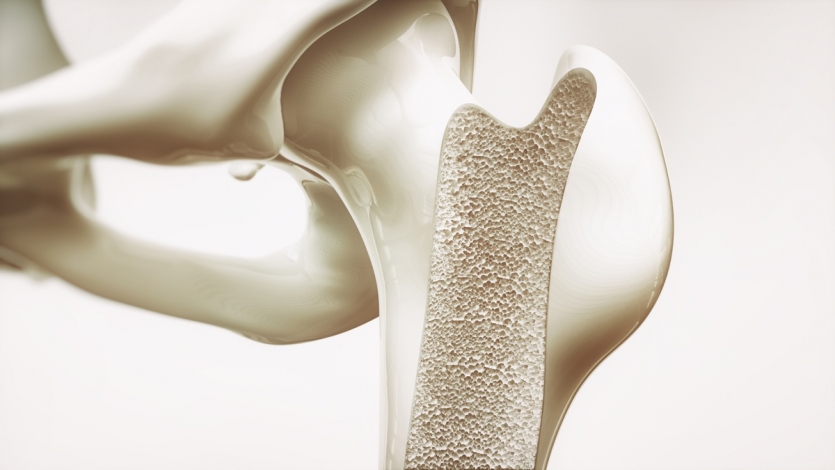Magnesium and Bone Health
Aside from its role in over 300 enzymes in the body, magnesium plays several possible roles in bone health. Several population-based studies have found positive associations between magnesium intake and bone mineral density in both men and women. Other research has found that women with osteoporosis are more likely to have lower serum magnesium levels than women who do not have osteoporosis.
Some studies suggest that increasing magnesium intakes from food and supplements might increase bone mineral density in postmenopausal and elderly women. For example, one short-term study found that 290 mg/day elemental magnesium (as magnesium citrate) for 30 days in 20 postmenopausal women with osteoporosis suppressed bone turnover compared with placebo, suggesting that bone loss decreased.
These and other findings indicate that magnesium deficiency might be a risk factor for osteoporosis.
Here are five ways a magnesium deficiency might negatively influence bone health:
- Magnesium influences the types of cells (osteoblasts and osteoclasts) the body needs for bone growth and repair. A magnesium deficiency can directly affect bone by altering the structure and size of bone crystals.
- Magnesium deficiencies are associated with reduced concentrations of both parathyroid hormone (PTH) and the active form of vitamin D, which are major regulators of bone homeostasis.
- Magnesium deficiencies are associated with increase of inflammatory proteins (cytokines) that negatively affect bone remodeling.
- Magnesium deficiencies are associated with endothelial dysfunction, negatively affecting blood flow that is necessary for bone health.
- A deficiency of magnesium can influence the body’s buffering capacity resulting in a low-grade acidosis. Metabolic acidosis has been shown to lead to calcium loss from bone and to impair bone mineralization.
Good dietary magnesium sources include dark leafy greens, nuts, seeds, fish, beans, whole grains, avocados, yogurt, bananas, dried fruit, and dark chocolate.





